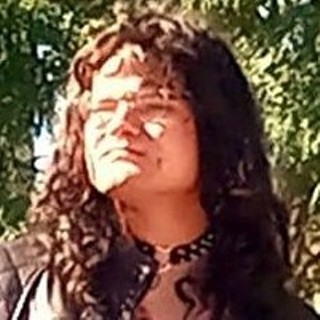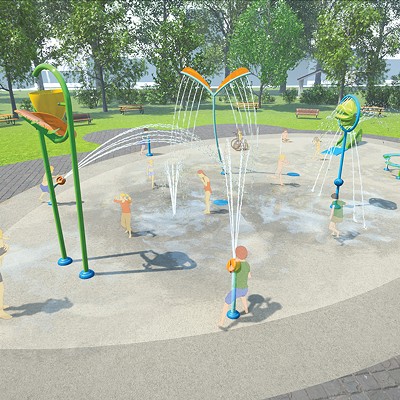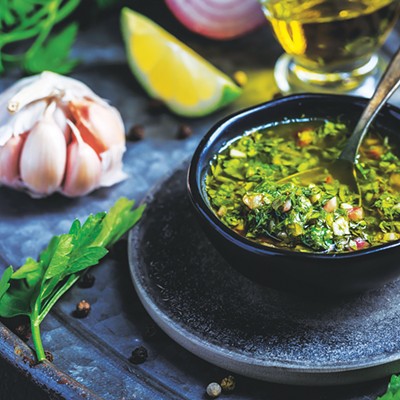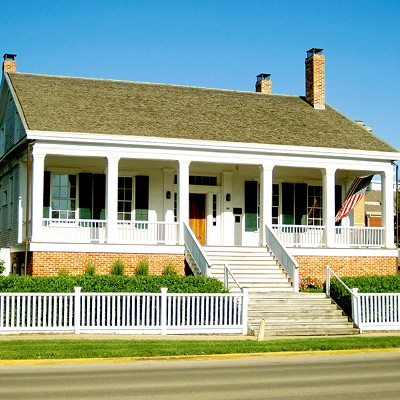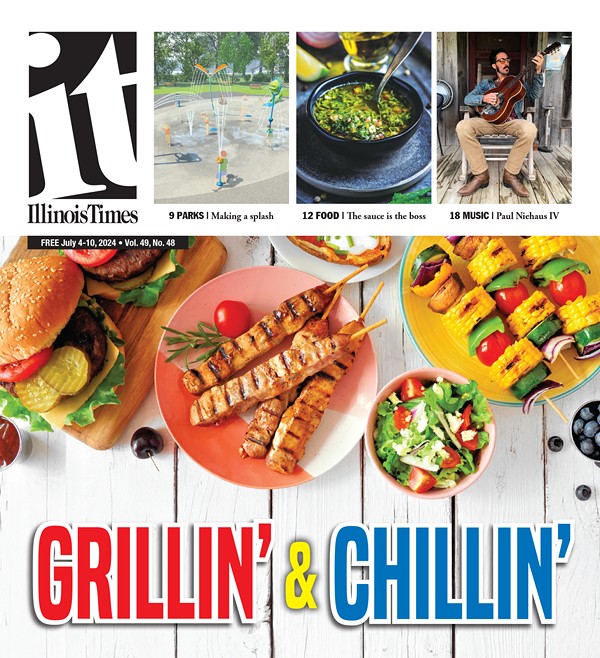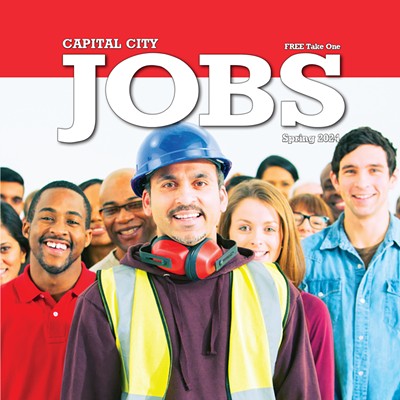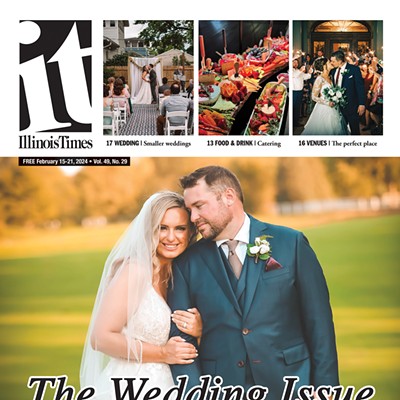Many of my peers working in politics believe people's minds are changed by “spirited debate.” However, in my experience, shock, particularly a shock affecting someone close, is far more commonly the reason people change their worldview. If someone lives over a decade believing the world works a certain way, and seemingly in an instant they are proven wrong in a way so severe that it simply cannot be ignored, that is when their mind changes.
Not long after my 14th birthday, I was informed that a close friend of mine had attempted suicide. After living the previous 13 years of my life in the cultural isolation provided by a white suburban upbringing, this moment forced me to make a choice. I could stop being selfish and organize with the people I cared about, or I could refuse to change and leave my friends behind. Eventually, I understood how much my other friends, and how much the American people as a whole, had suffered needlessly because of circumstances they had no part in creating. I realized that the gentrified world I had been raised to live in didn’t actually exist. I decided that I would no longer allow my community to suffer at the hands of selfish people who only cared for their own benefit.
My name is Salem Addison King; I’m currently pursuing a bachelor's degree in environmental science at University of Illinois Springfield. I’ve also recently accepted an internship as a community organizer with Faith Coalition’s Environmental Justice Task Force. I hope to use this position to work with underserved communities throughout central Illinois and organize with them to make empowered decisions regarding their community needs, rather than allowing corrupt organizations to force their own preferences.
Over the last three years, I’ve participated in a March for Medicare for All in Chicago, several union rallies, charity diaper drives, letter-writing campaigns, a statewide campaign working to stop utility shut-offs and expand the Illinois Utility Disconnection Avoidance Program during the pandemic and researched more than a dozen hate groups in our community. I’ve also led rallies on topics ranging from women’s rights to police brutality, ended discriminatory practice at a local restaurant, led community security initiatives and dozens of counterprotests.
However, I believe projects like these, while important for creating desperately needed societal change, are often less impactful than communal acts of mutual aid. As a result, most of the activism I engage in isn’t screaming at people who won’t listen to me anyway, but helping members of my community with whatever they need whether it be help moving, wanting to quit smoking, fixing their car or just cooking them a hot meal when they can’t afford groceries. As I see it, there is no point in doing any form of political or community activism if you’re going to ignore the immediate needs of the people around you. Our community needs both and through organizing we work toward changing things systemically.
Speaking of immediate needs, every summer and winter of the last several years has demonstrated that corporate-induced climate change is one of the most dangerous threats facing the people of central Illinois. According to The Associated Press, the current heat wave has killed at least 125 people. Additionally, the lack of greenery in downtown areas is creating urban heat islands that can increase temperatures by double digits, making the heat even more dangerous. Our weather has become more severe and unpredictable, our winters constantly shift between never before seen highs and minus 20 degrees, and crops are failing across the country.
If we want to make the changes necessary to protect ourselves from corporate-induced climate change, lower our cost of living, improve our children’s education or put an end to police violence we must recognize that we, as members of a community, will be the ones who do it.
If we want to make a better world for ourselves and for future generations, we must recognize a simple truth. Any group that exists primarily to make money or gain power will prioritize their own money and power over our very lives. So we must stop allowing them to have any power over us, and create community groups and systems that will put our wellbeing first and foremost.
Those at the top of our society may give the orders but they do not build the roads you drive, grow the food you eat or raise our children. Our community does that. Your friends, your family, the hardworking people of Illinois built everything we have, so they are the people, we are the people, who must be entrusted to build our future.
Join us from noon to 2 p.m. Aug. 2 at Lincoln Library for the Transformational Justice Expo.
Salem King is an intern with the Faith Coalition for the Common Good. For additional information, contact Tyshianna Bankhead, executive director, at [email protected].

